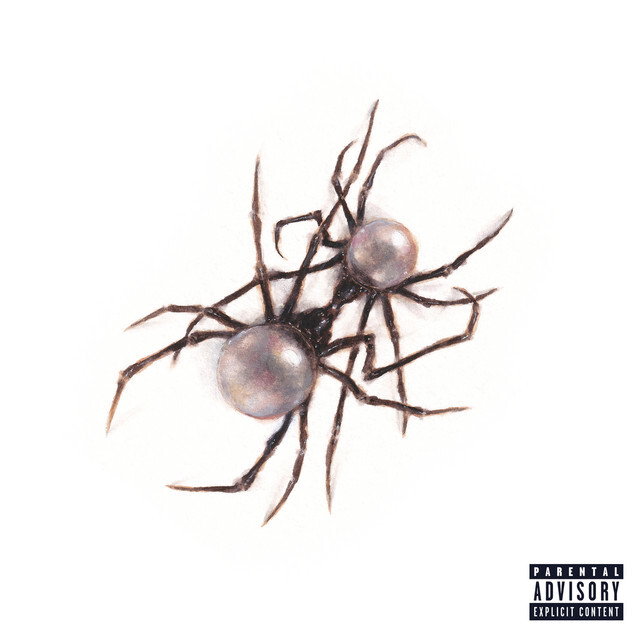In her much-anticipated fourth studio album, “Scarlet,” released Friday, Doja Cat, versatile as ever, ventures into uncharted musical territory, marking a departure from her previous works. Following a year of controversies surrounding her public image and her relationship with her fans, “Scarlet” emerges as a testament to Doja Cat’s prowess as a musical force, dispelling any notion of her being confined to fleeting TikTok hits.
Steering towards a more pronounced fusion of hip-hop and R&B production, “Scarlet” stands as Doja’s first album without any featured artists. It also showcases some of her most compelling lyricism to date. Collaborating with some new producers, including Jay Versace, D.A. Got that Dope and London on Da Track, alongside her frequent collaborators Y2K and Yeti Beats, the album boasts a captivating balance between sensual R&B beats on tracks such as “Can’t Wait” and “Agora Hills,” and the more dynamically driven hip-hop foundation of “F**k the Girls (FTG)” and “Demons.”
With this album, Doja Cat takes a striking and audacious departure from her past image as a pop singer. Having openly expressed her desire to shift away from pop and embrace rap, she also assumed the alter ego of Scarlet, a transformation that extended into her public persona — marked by a shaved head, the promotion of demonic symbolism and imagery and an augmented assertiveness towards her fanbase. This calculated rebranding invited a wave of criticism, particularly in recent months. “Scarlet” now stands as Doja Cat’s definitive statement, affirming her status as a serious artist endowed with remarkable versatility and depth.
Standout tracks from the album include “Agora Hills,” which incorporates an almost liminal sound while still feeling sexual. Gaining the most traction among fans, the track will likely become the album’s second single. Known for her vivacious and often animated delivery, Doja Cat continues this practice on “Ouchies” and “97” while maintaining a pervasive maturity in her sound and vocal presentation compared to her previous albums.
While the album does lag sonically in certain areas, the 15-track album proves an outstanding first step for Doja Cat’s evolution to become more of a rap artist. After a year of endless controversies, many fans seemed ready to write off the rapper, however, with this album, Doja Cat defines herself as an impressive force in contemporary popular music.
4 Demons out of 5














